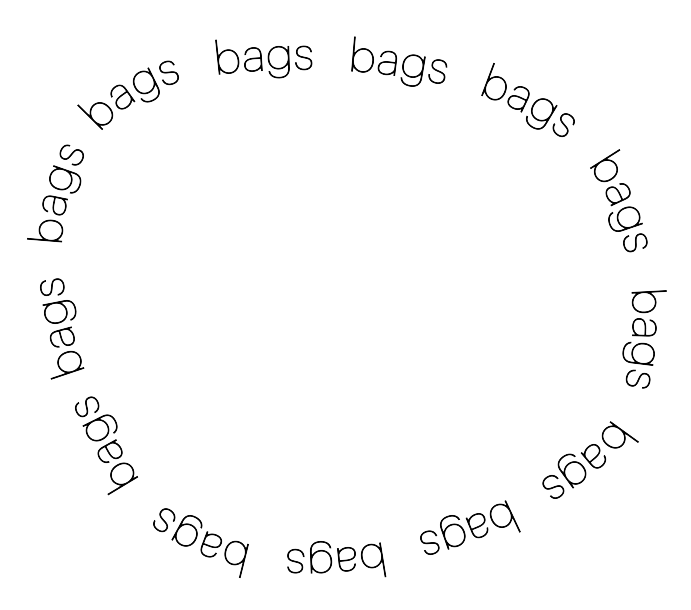A glossary of terms for the Care Agency worker:
Waste
‘Waste’ is an unstable and contrived category as well as a fertile resource.
By many western systems of knowledge, ‘waste’ is often meant as a static end status, something useless, unwanted, or defective.
These definitions beg the question unwanted by whom? superfluous to whom? useless to whom?
All of these ideas of ‘waste’ are contingent upon standpoint: to the discarder, something may be waste, but to the collector, the scavenger, the dweller, the grower, it is anything but.
‘Waste’ is a product of systems of social classification -- an unstable condition contingent on fluctuating and conflicting value systems.
We gave ourselves the provocation, what might ‘waste’ be in a world that centers a value system based on care?
Care
The same value systems that cast some people and things as waste also denigrate care. Capitalist systems value care only in the interest of maximizing productivity, placing the burden on the individual, on marginalized communities, on unpaid and unrecognized labor. Far from being an individual endeavor, care is inherently collective, a networked action and guiding ethic. It is “everything that is done to maintain, continue, and repair ‘the world’ so that all can live in it as well as possible.”
Can we elevate taking care of things, value it as creative agency? It can take many forms: material care in the darning of a sock, interpersonal care in the sharing of a meal, infrastructural care in the bracing of a wall, or the patching of a pipe, urban care in the weekly trash pick up, ecological care in letting be the mushrooms and microorganisms, planetary care in the closure of extractive industries,archival care in research to mend historical and narrative gaps,social care in the end of borders and prisons. In concert, care sustains us, reproduces our urban fabric and societies and worlds.
And who cares?
Those who undertake practices of care are not only crucial to our collective wellbeing, but also hold the deepest knowledge about our worlds.
The current profit-driven crisis of care-less-ness, from the scale of the domestic to the planetary, has led to weakened public infrastructures of care.
Care infrastructures need radical repair.
This begins with valuing and centering the knowledge and labor of those who care. We call for architects to follow their leadership to imagine a more care-full world.
(Patch) Work
The work of care includes collective imagining and world-building, not just form-making. As world-builders we can probe beyond the smallest scope we’ve been taught to work on.
Thinking through waste and care expands disciplinary boundaries, such as those boundaries delimiting the beginning and end points of the building design timeline - traditionally conceived as from ideation to realization.
Institutions teach architects to celebrate the creative act of genesis, while disconnecting the architect with the work past the point of creation, and devaluing other forms and materializations of creative labor that take place in that afterlife.
An alternate definition of the architect’s creative work could be as a continuous labor of care.
The definition of a work of architecture can be expanded beyond the momentary snapshot of a quote-end-quote “finished” building at the end of a closed linear narrative, to instead become more of a dynamic assemblage of materials and networks that require constant maintenance and repair.
By situating architecture in the networked, collective action of care, we can recognize and work with more users, knowers, claimers, and makers of space. For the architect, this is not an abnegation of creative agency and professional responsibility, but rather an expansion of it.
